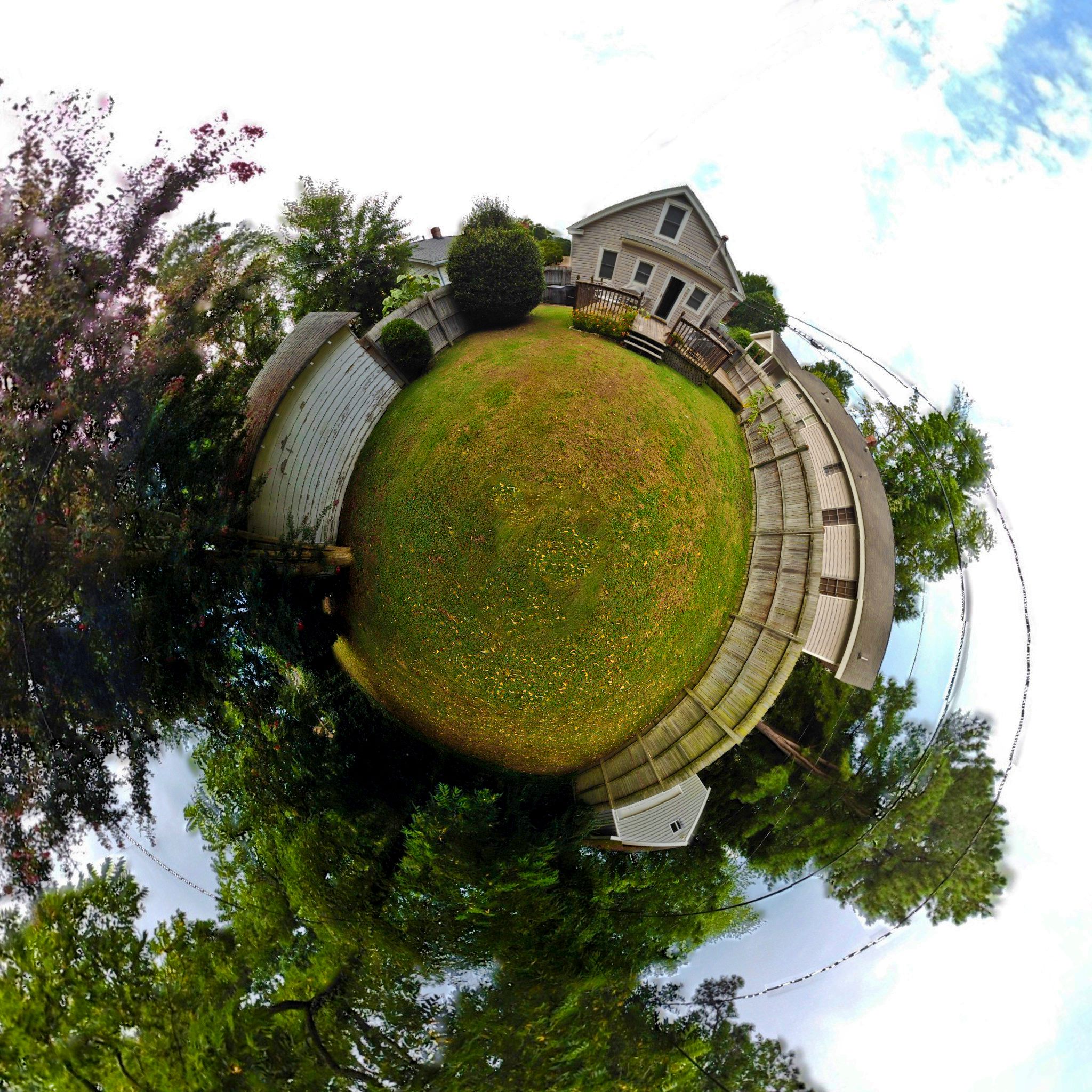Save on Fees and Experience Professional Service
IDEA DRIVEN VACATIONS
Search for Travel Guides, News, Events, Special Interests, and More!
-
Activities and Interests
Uncover fun activities and special interests for your upcoming trip
-
Event Travel
Plan your trip around concerts, festivals, and special events worth traveling for
-
Attractions
Explore top landmarks, scenic spots, and can't-miss local highlights
-
Travel Guides
Navigate each location like a local with our detailed travel guides
-
Travel News
Stay updated with the latest travel trends and vacation rental tips
-
Trip Ideas
Find inspiration for your next getaway with curated trip suggestions and themes
-
Travel Newsletter
Join our newsletter for exclusive travel insights, featured destinations, and trip planning tips
TRENDING
How Virtual Tours Boost Rental Listings and Inquiries
by John William
My Hampton Roads: A Community Project
December -
Virginia Beach Virginia
New Smyrna Beach Sand Art Festival on Flagler Avenue
June -
New Smyrna Beach Florida
St. Joseph Bay Florida | Things to Do, Places to Eat & Stay
St. Joseph Bay Area Florida
Travel Guide
Myrtle Beach Area Guide | The Grand Strand of South Carolina
The Grand Strand - Myrtle Beach Area South Carolina
Travel Guide
Rental Property Loan
Reasons Why You Should Consider a Loan for Rental Properties
Deciding being a landlord for rental properties is a good idea. That is if you want to have a passive stream of income while also working on your other businesses or job. These days, the number of people looking for a rental property is getting higher, and what is a better idea than getting a rental property for people to live in?
While having a rental property is a good idea for a passive income, it is also an asset that will grow over time and might even help you with your retirement. Even then, looking for funds to acquire a rental property can be quite hard. You have to consider the loan you want to get, factors to consider when owning a rental property, and how it will fare both in the short and long run.
Thankfully, there are different options for you to choose from if we are talking about rental property loans.
Conventional Funding
Conventional or conforming loans are the types of loans that go along within the guidelines set by Fannie Mae and Freddie Mac, two corporate entities backed by the government. They offer the lowest interest and other fees, even for financing rental properties.
Typically, conventional funding requires you to have a 20% down payment to avoid paying for mortgage insurance. Mortgage insurance will make your interest rate higher since it will be added to the monthly payment. Freddie Mac and Fannie Mae guidelines often let people have up to 10 mortgages, but most lenders will only allow you to have up to four.
Bank Loans
You could also opt for a bank loan if you have the time. Bank loans require tons of documenting to get their approval. Some of them are your list of mortgages, debt and income ratio, a good credit score, and an acceptable credit report.
Banks mostly look at the market value of the property that you wanted to buy, while most lenders will only look at the property’s value after all the repairs have been made. Because of this, banks tend to give you a smaller amount than what you can get from other lenders.
However, they tend to have lower interest rates that can go from five to eight percent. Probably the drawback of banks is their slow transaction process. Unlike other lenders who can give you an approval in only a matter of days if you apply for a personal loan online, banks can take up to a month.
Also, if you get disapproved for a loan, you will have to start from scratch, making it more of a hassle since you have to wait again for a month.
Private Mortgage Insurance (PMI) Isn’t Applicable to Rental Property Loans
PMI is a failsafe for the lender if you borrow money and decides to default on it. Although it is quite ironic that you have to pay for something that doesn’t protect you, you need to pay for it as long as conventional funding is concerned.
PMI is not applicable if you have a down payment of 20% or more to secure conventional financing for the rental property. In short, if you paid a 20% down payment, you won’t have to pay the extra costs of mortgage insurance.
Things to Look Out for when Owning a Rental Property
If you are a first-time landlord, there are things you need to look out and be prepared for when owning a rental property. Some of these things are the mortgage, repairs and additional maintenance costs, operating costs, etc.
Mortgage Interest. Fortunately, if you picked a conventional loan, the interest rate will stay the same throughout the loan.
Landlord Insurance. Just like a homeowner loan, the landlord insurance is tax-deductible. HOA. The fees that you will have to pay to the Homeowners Association, like payment for landscaping, general community service, and maintenance are all expenses that will be included in the rental costs and are also tax-deductible.
Property Management Fees. Property owners who contact and employ property managers that will handle the daily management of the rental properties are also considered rental expenses.
Repairs and Maintenance. Basic repairs that have been done to the place like plumbing, broken appliances, paint jobs, carpeting, etc. can be deducted from the owner’s taxes. However, considerable scale improvements like installing a new roof, security, or any other upgrades are considered to be ‘capital improvements.’ This will not be eligible for a tax deduction as it is not considered to be part of the rental expenses.
Utilities. Water, electricity, sewer, trash, or any other service that the owner paid is considered to be tax-deductible. Not unless the tenant pays for it, the payment will be considered as income and must be reported as such.
Takeaway
Buying a rental property can be taxing as there are many things to consider, like what type of loan you should get or what perks you can get from this specific loan, etc. Always be prepared and do your research before venturing into the world of real estate. Sure, rental properties a passive steady flow of income, but if you don’t know what you’re doing, it will be a financial nightmare.








